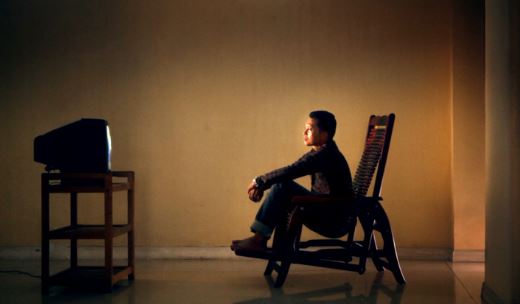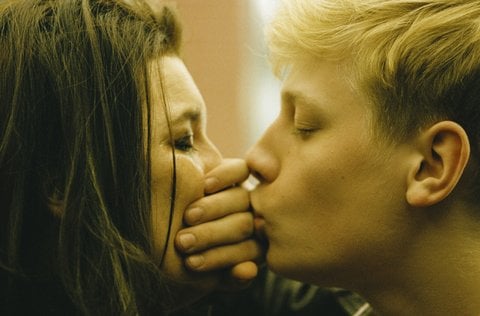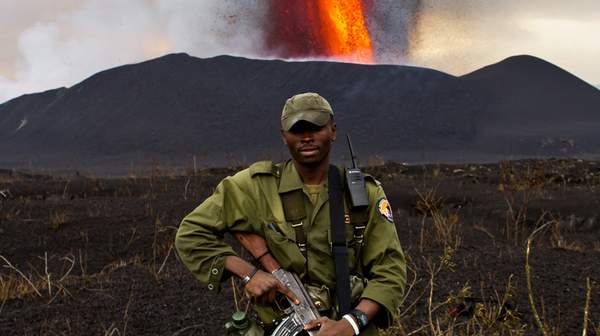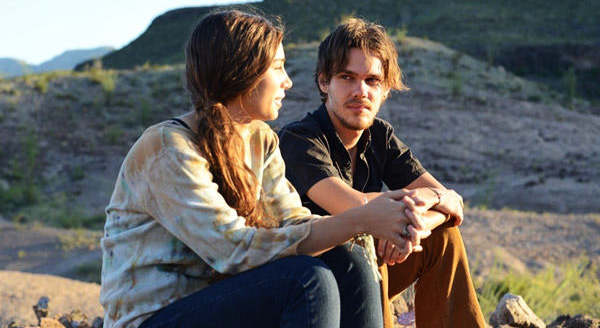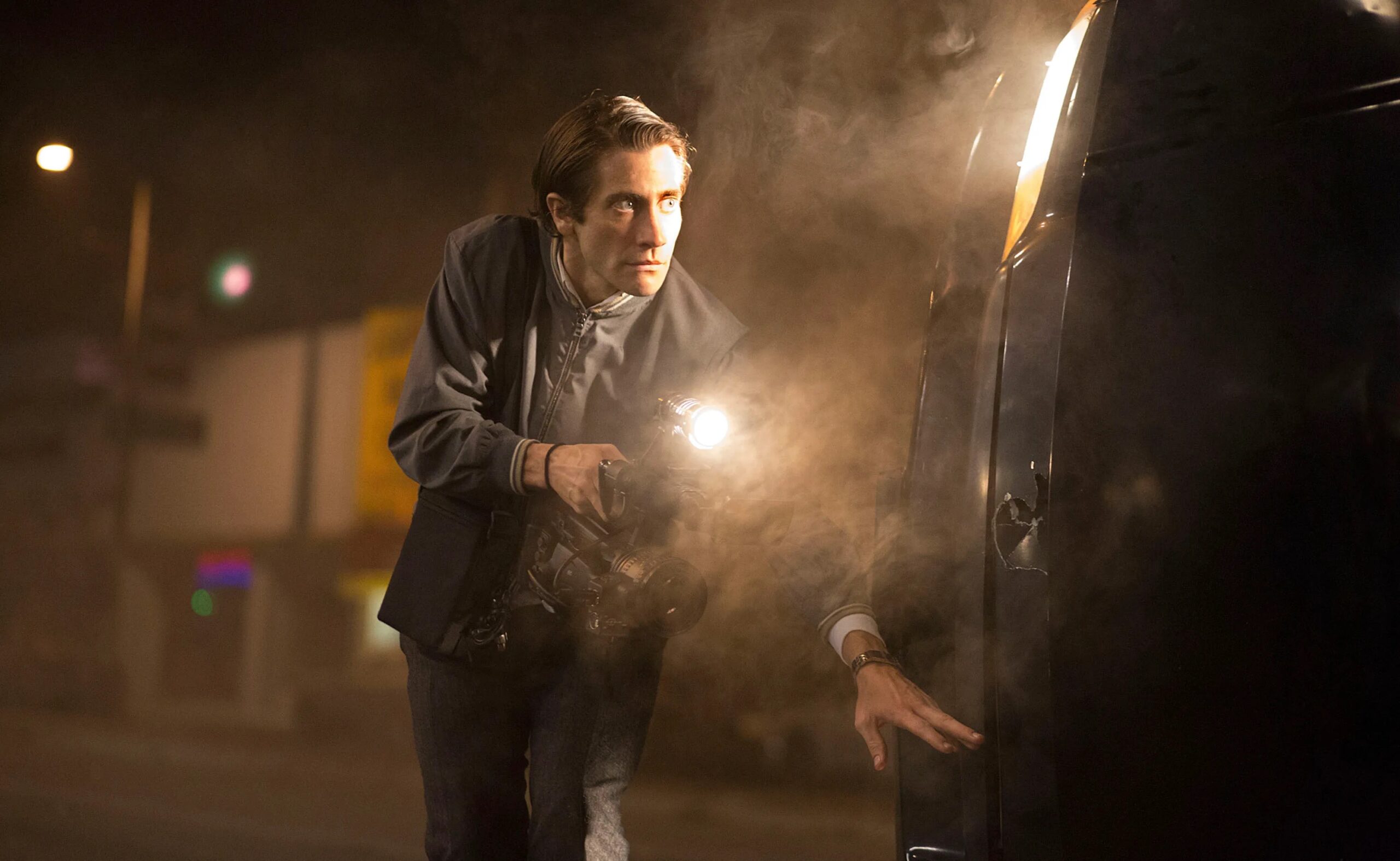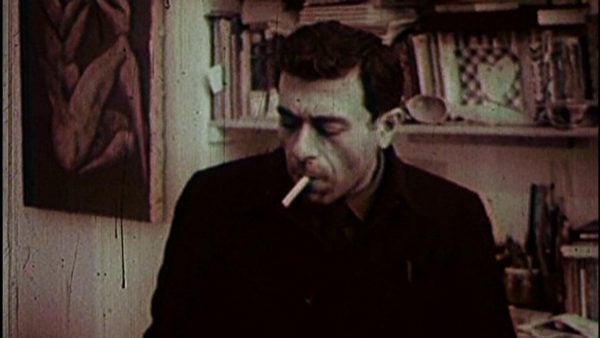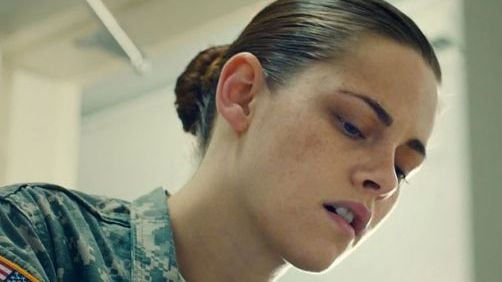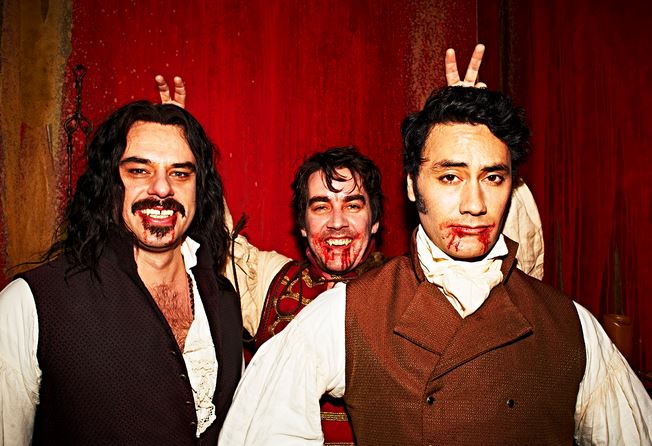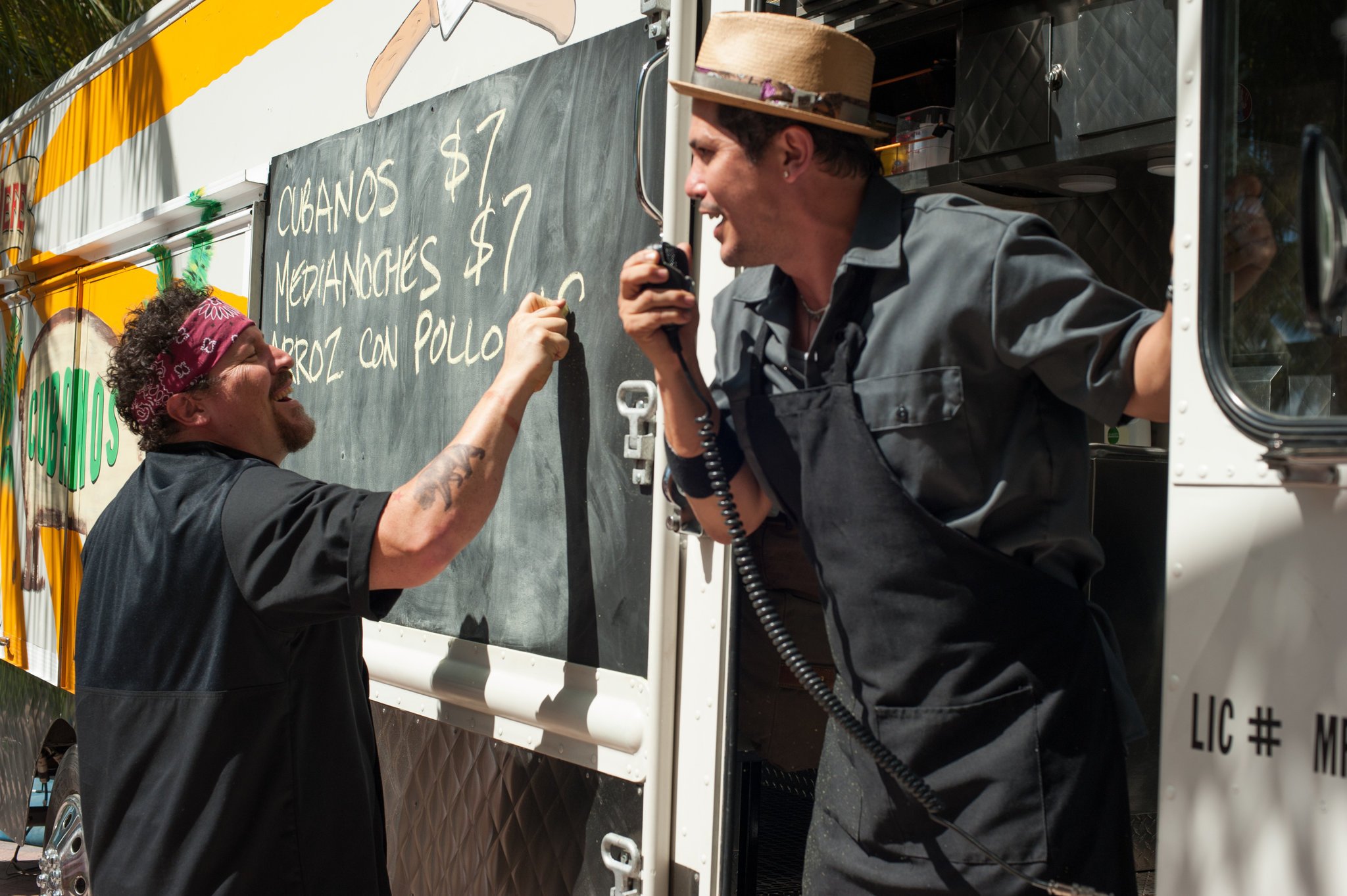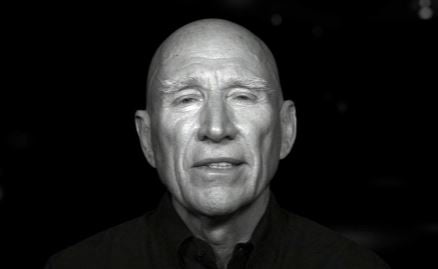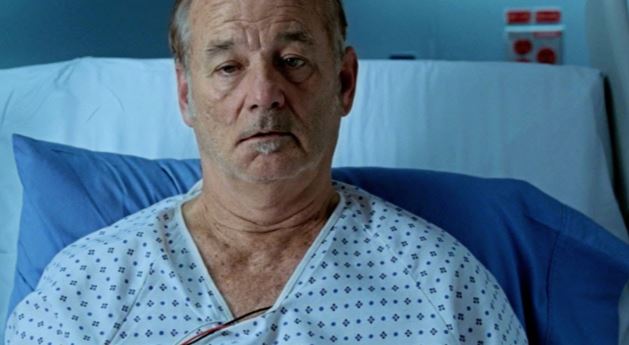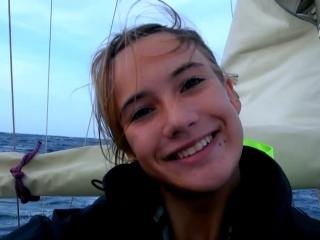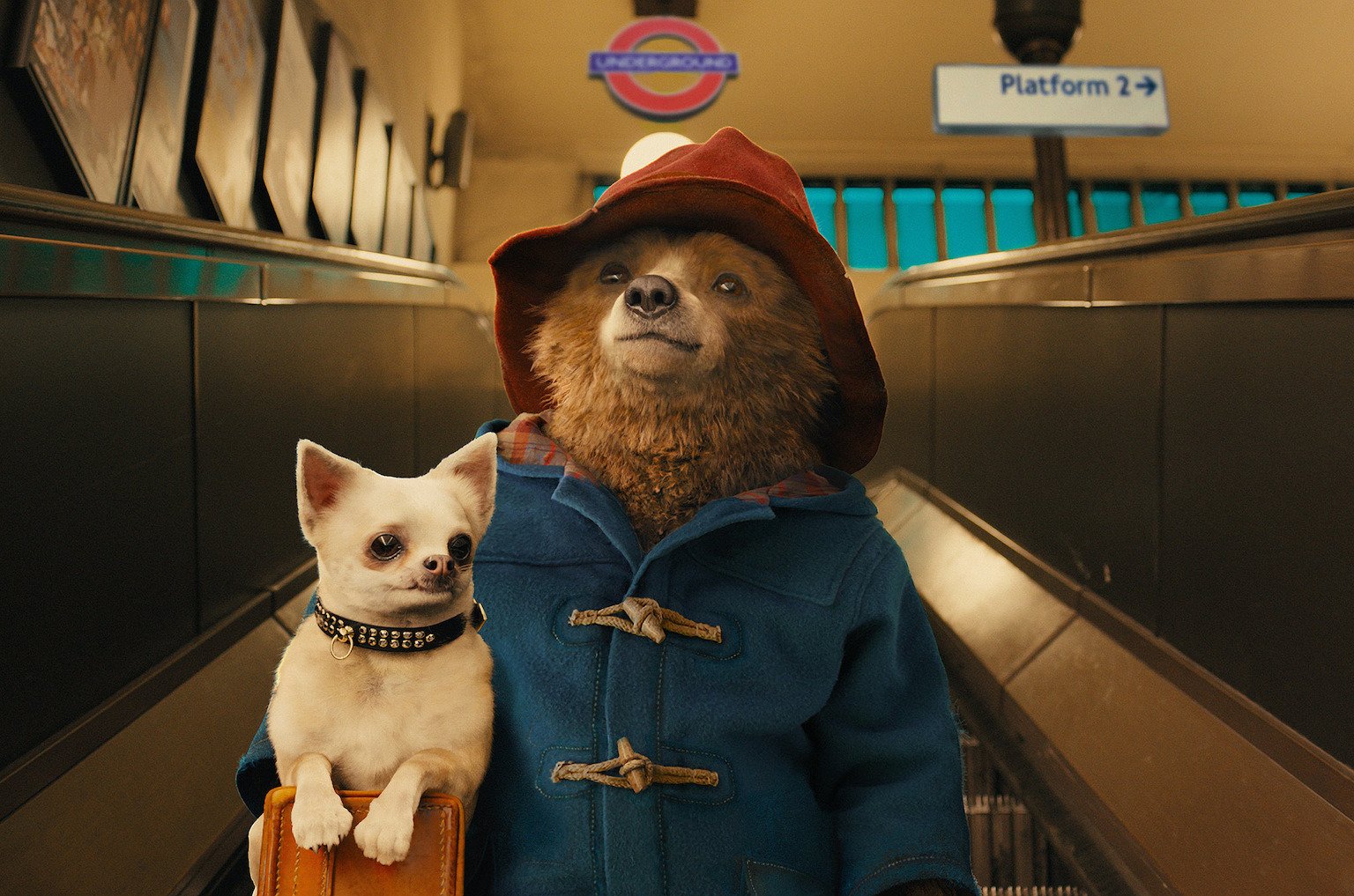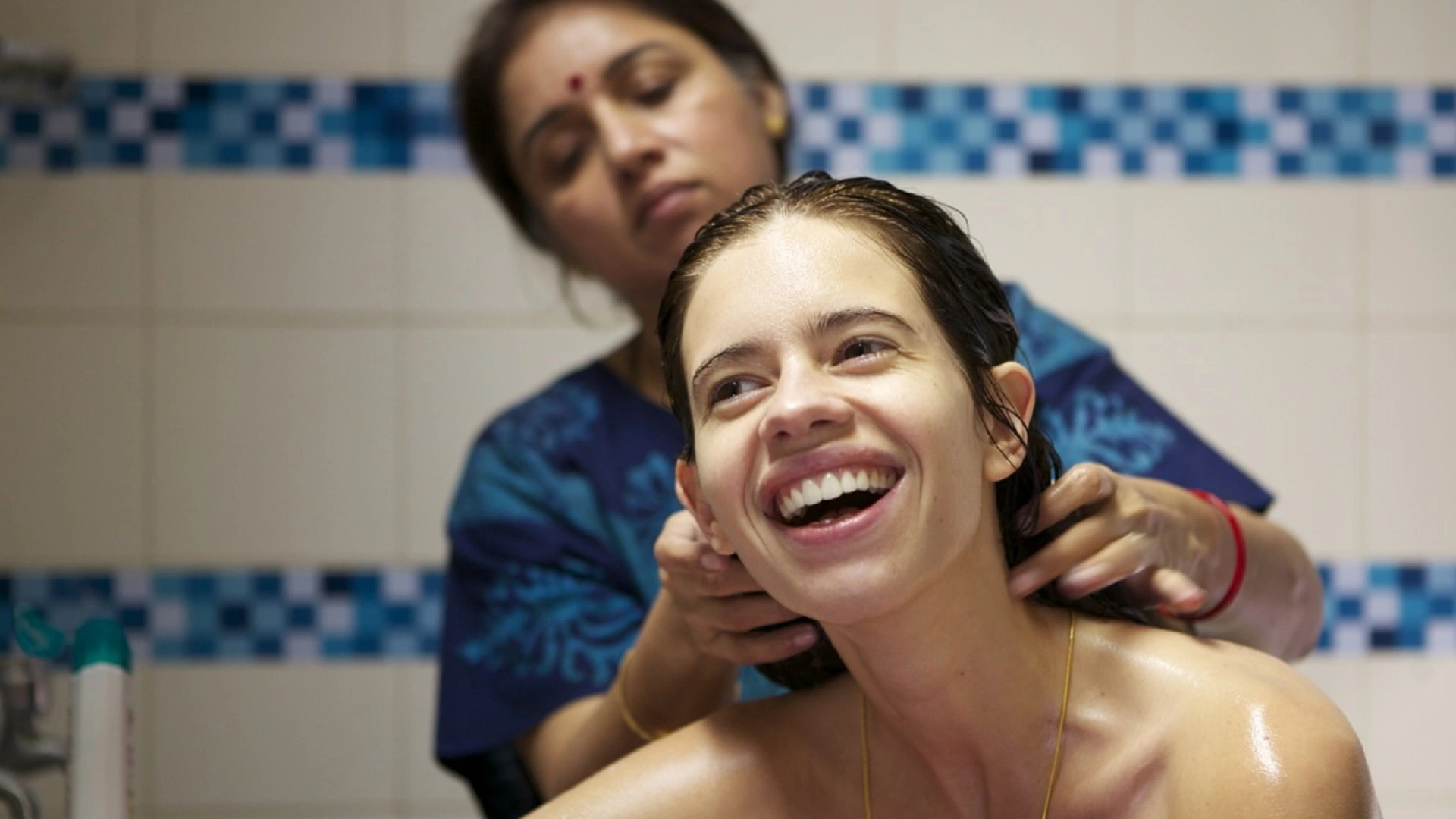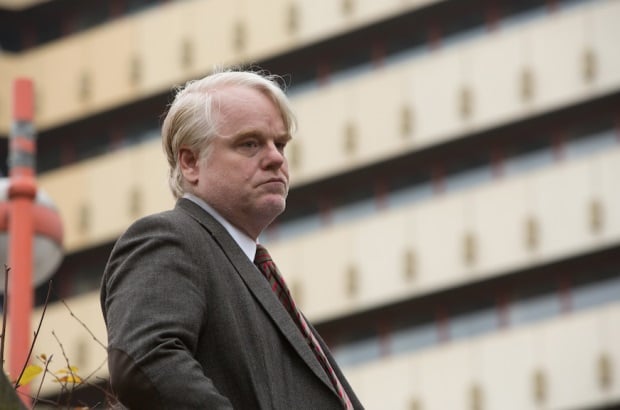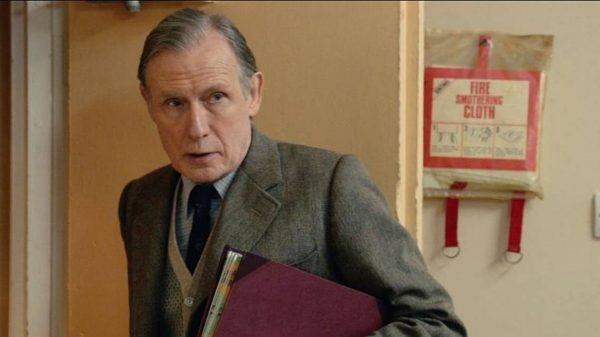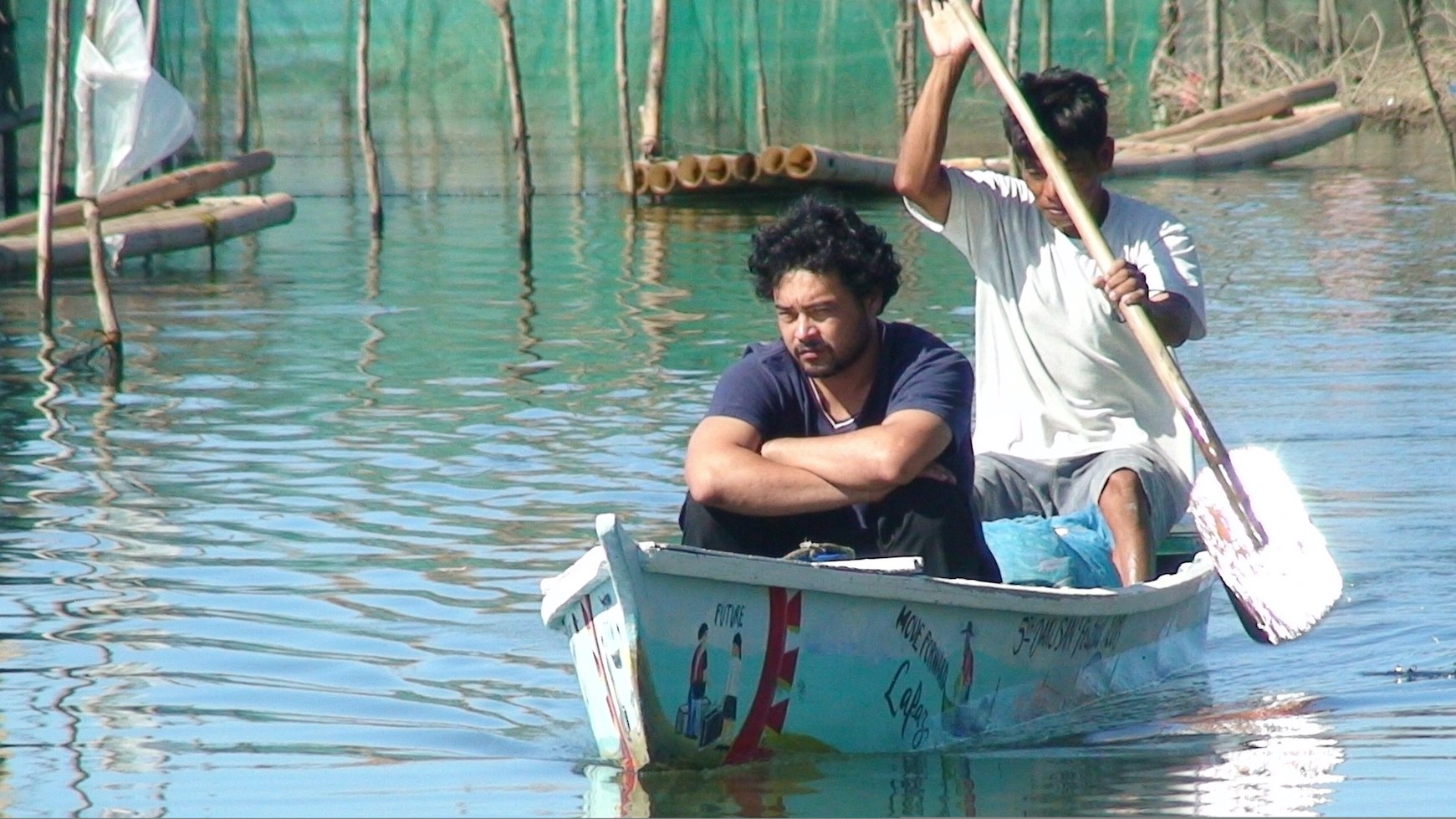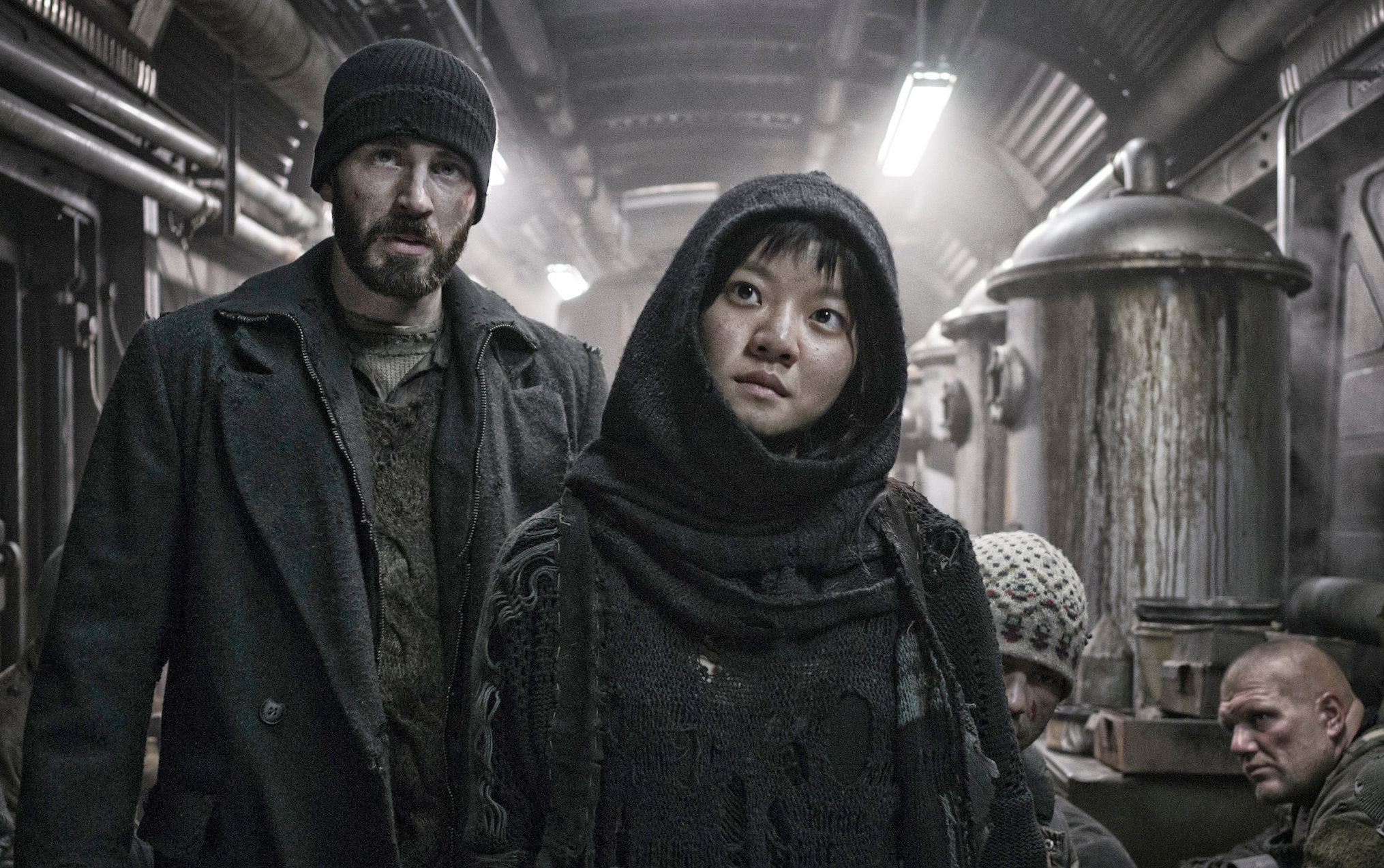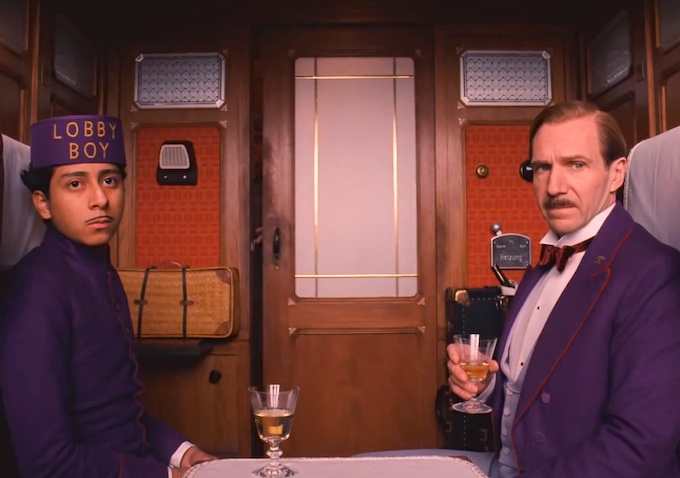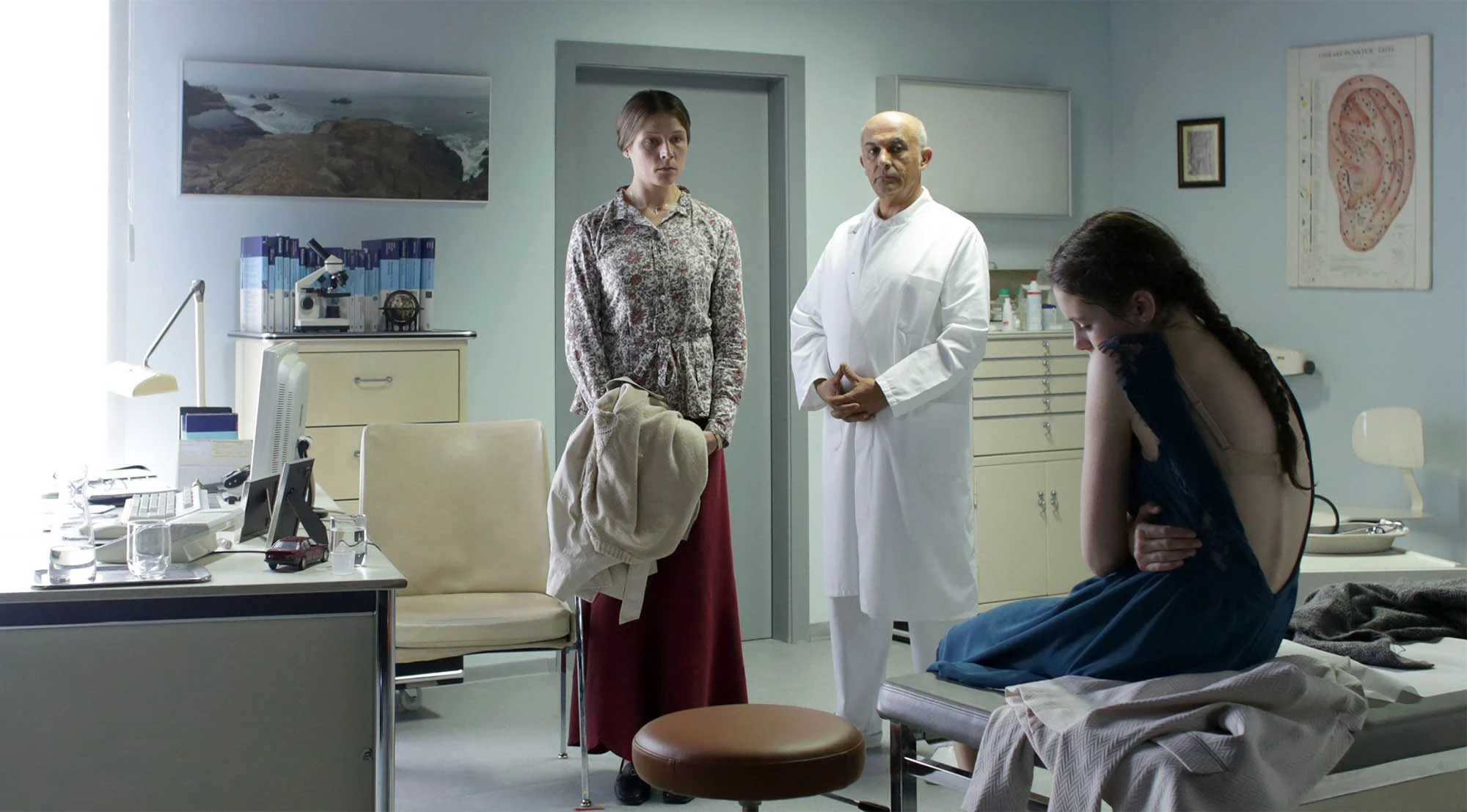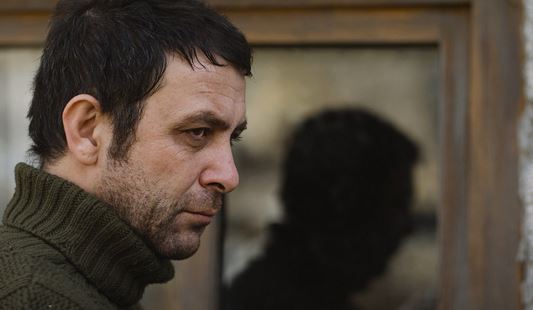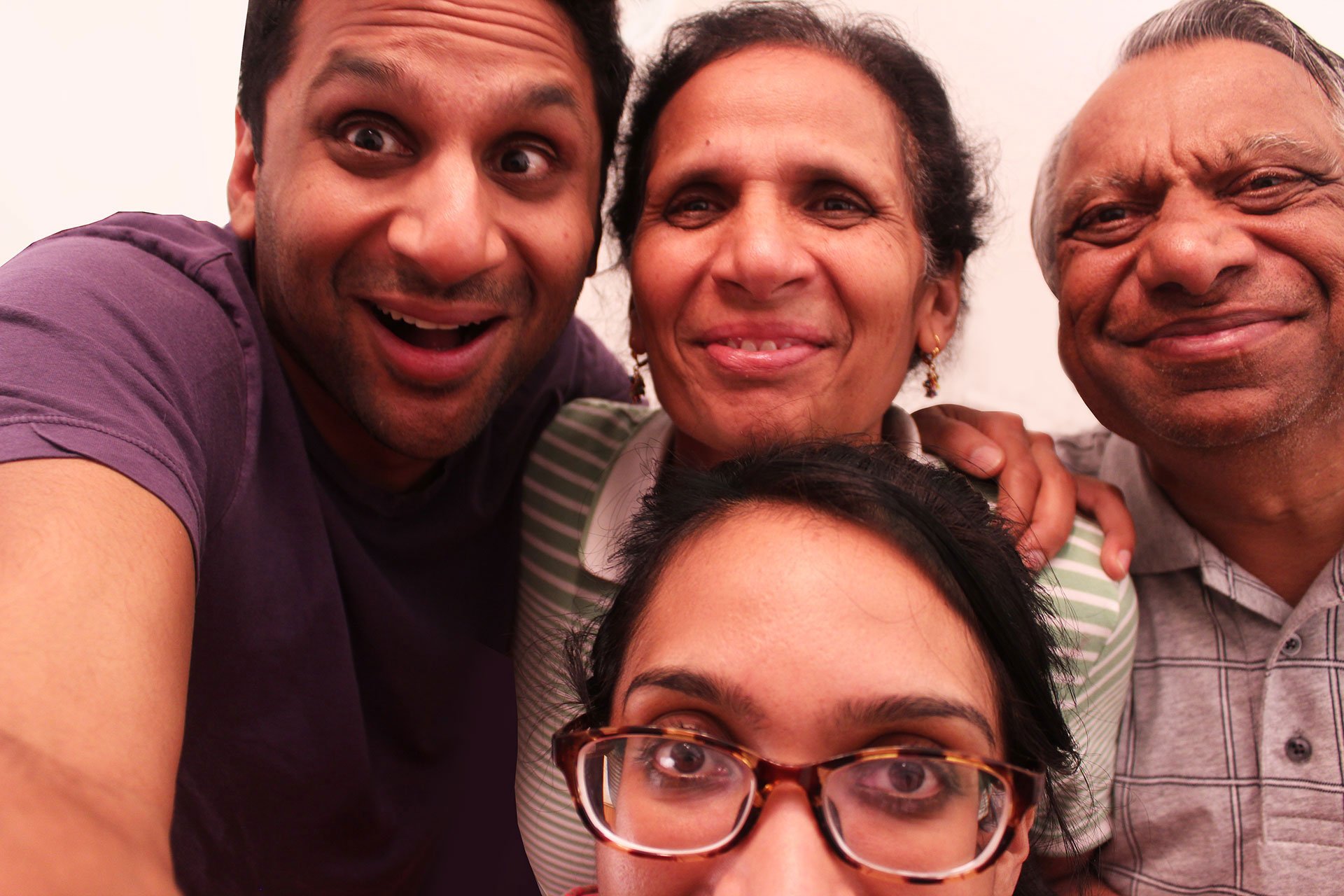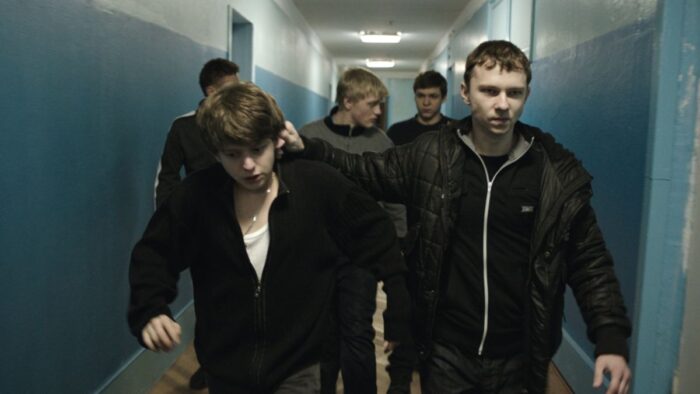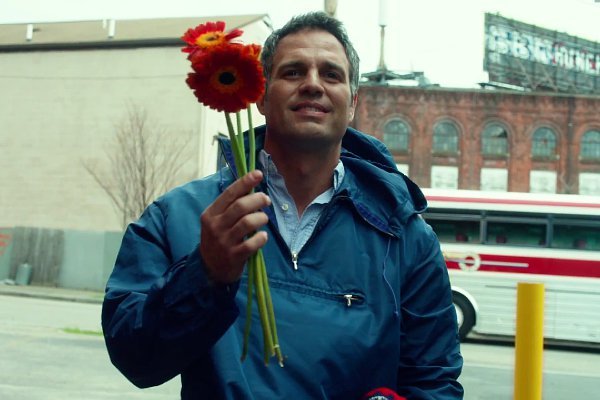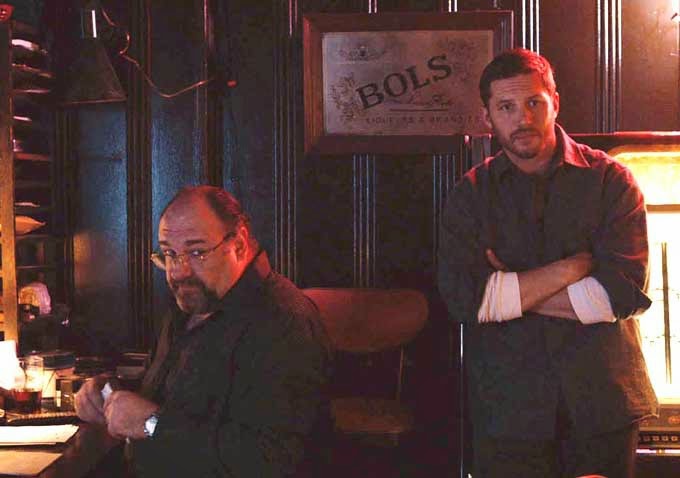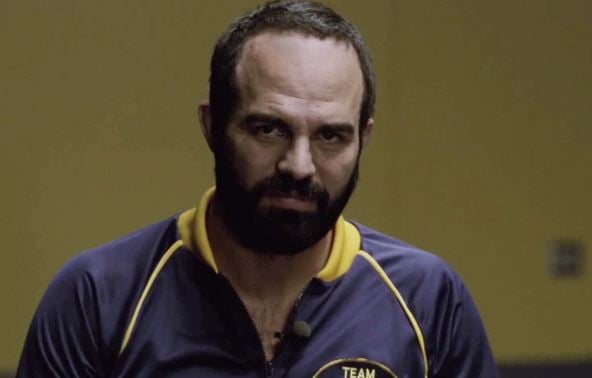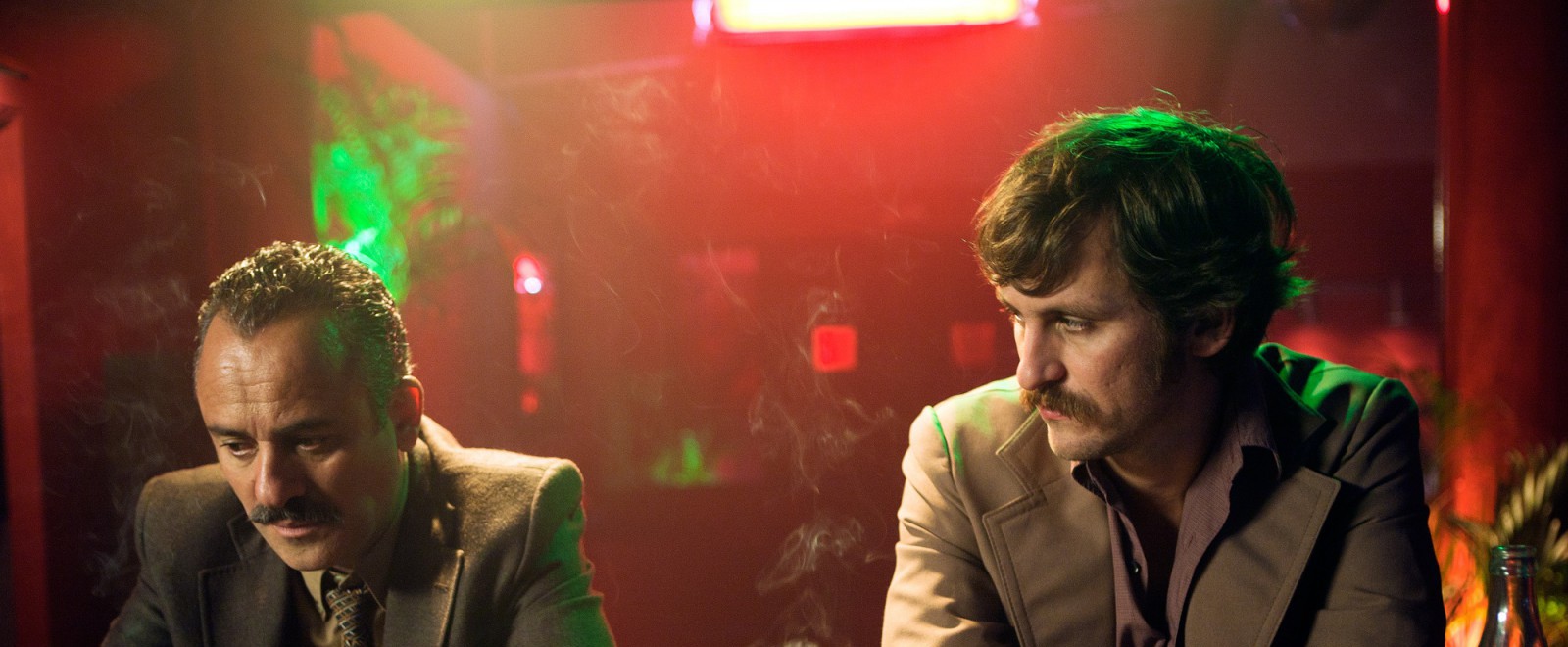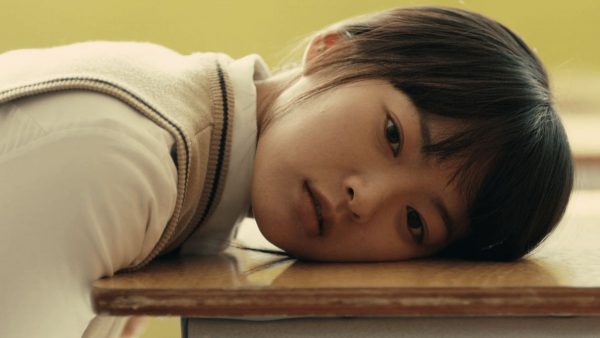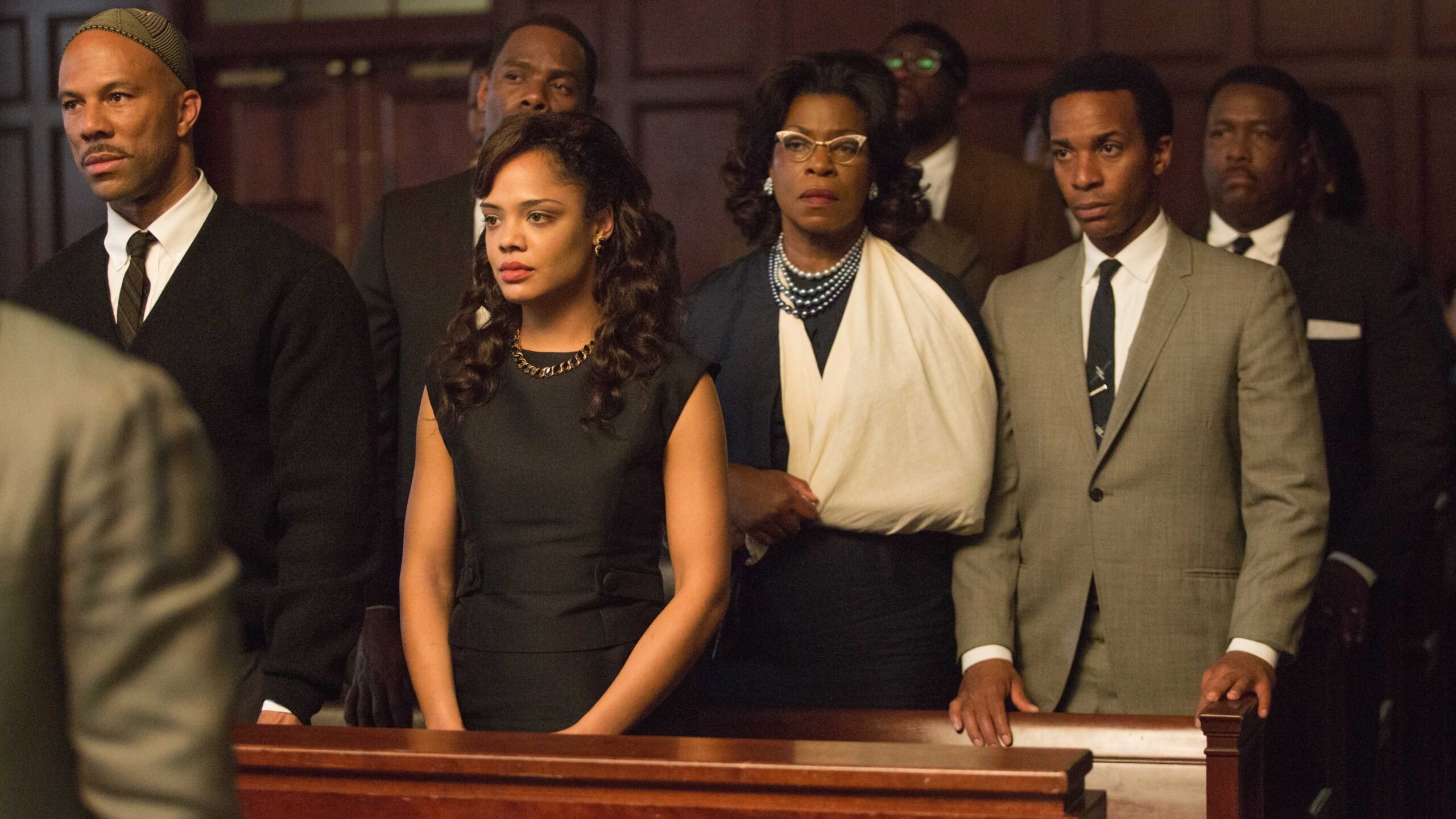The Best Movies & Shows Released in 2014
Find the best movies and show to watch from the year 2014. These handpicked recommendations are highly-rated by viewers and critics.
With ‘Wild tales’, writer-director Damían Szifrón explores exactly how thin the proverbial veneer is on the passions of the human heart. Or rather he gleefully rips it off. Visually dazzling and laced with social critique, violent revenge is the theme joining the six vignettes together. Each one starts off in a relatable everyday situation, including […]
A follow-up/companion piece to the award-winning The Act of Killing, The Look of Silence is another compelling documentary from Director Joshua Oppenheimer. Both films aim attention at the Indonesian Genocide of 1965-66, when the military government systematically purged up to one million communists. While the first film’s focus was on the culprits and on providing […]
Aptly named ‘Rupert Grint on speed’ by one critic, Antoine-Olivier Pilon plays Steve, an abusive ADHD adolescent who just got out of a juvenile care facility for setting fire to the school cafeteria and injuring a fellow student. Similarly, his mother Diane, played by Anne Dorval, is a type of Lorelai Gilmore on speed – […]
Orlando von Einsiedel’s epic documentary is at once a stunning natural film, an intimate human drama, and an intense political thriller slash investigative report. The titular Virunga National Park, a UNESCO world heritage site in Eastern Congo, serves as the magnifying glass through which we witness the natural, human, and political crisis of this embattled […]
If you’re a fan of the Beach Boys’ legacy, or you want to find out more about Wilson, the person, this movie will give you what you need. It has been widely praised as being true to the facts – even by Bryan Wilson himself. But thanks, in part, to the incredible writing by Oscar-nominated […]
Miles Teller plays Andrew Nieman, an ambitious young jazz drummer striving for greatness, who is edged towards breaking point by the sadism of his teacher and conductor, Terence Fletcher, played expertly by J.K. Simmons. Fletcher insults him, pressures him, and makes him cry in front of all his peers. Directed by Damien Chazelle, who was […]
A masterpiece in every possible way: its striking balance between simplicity and effectiveness, its innovative value, the commitment of its maker, and just overall beauty. Boyhood was filmed over a span of 12 years, something never attempted before in film. The result is a captivating, breathtaking tale with almost unparalleled plausibility. The emotions it incites […]
The film stars Jake Gyllenhaal as Lou Bloom, an impromptu freelance videographer who begins covering the crime world in LA for a local TV station. Almost as dark as a mystery can get, it is disturbing, and plays out as a combination of “Drive” and “The Network”. The film is visually stunning as well as immensely […]
This incredible documentary is about the elusive Iranian artist Bahman Mohassess, whose work has the uniqueness of a Picasso or a Salvador Dalí. But unlike his European counterparts, most of Mohassess’ work has been destroyed. Some in the aftermath of the Islamic Revolution in Iran but most, interestingly, by the artist himself. After the revolution, […]
Directed and co-written by Craig Johnson (who made The Adolescents with Mark Duplass), The Skeleton Twins is a beautiful piece of drama, dealing with some dark themes. It does so with surprising success, given that the two main actors are seasoned comedians with little to no experience in the genre. And yet, it is precisely […]
This is Kristen Stewart’s proof that she is more than a lip-biting, vampire-loving teenager. Reactive and emotive, she will not disappoint you here. Rather, expect an electrifying and exceptional performance. Paired with Payman Moaadi, they both make of this work an emotionally poignant movie that questions the notion of freedom in the unlikeliest of places: […]
Deadpan comedy styled as a mockumentary, following four flatmates who happen to be vampires. They range in ages from 183 to 8000, and spend their nights trying to adapt to modern day living, eating, reminiscing about old times, and solving the problems that come with every shared flat. It is filmed in a fake documentary style similar to The Office, […]
A popular chef loses his job and respect after a bad review. He ends up with a food truck and tries to show the world he still has his creative side, while at the same time trying to fix his broken family. Chef is a heartwarming feel-good movie, after you finish it you will want […]
Co-directed and narrated by legendary German director Wim Wenders in collaboration with Salgado’s son, Juliano, this unique film tells Sebastião Salgado’s life story from his childhood in Northern Brazil, his early career as an economist, and how he shifted towards photography to become a world-renowned photojournalist. Shot in stunning black and white by Juliano Salgado […]
In this comedy/drama, Bill Murray plays an aged, dispirited war veteran named Vincent who openly disdains most people and gives little attention to anything beyond alcohol and horse racing. Living a life of solitude in Brooklyn, everything takes a turn when a young single mother (Melissa McCarthy) and her son Oliver move in next door. […]
In 2010, Dutch 15-year old Laura Dekker set out on a mission to be the youngest person to sail solo around the world. Maidentrip is the beautiful and inspiring documentary film that tells her story as she took on this behemoth task. The film lets you experience this adventure of a lifetime along with Laura, […]
In a global movie industry of children’s entertainment that often feels like it isn’t even trying, this little Peruvian bear coming to England is a wonderful reminder that films aimed at younger audiences aren’t inherently limited. If anything, Paddington challenges itself to come up with a far more creative (and effective) way to talk about […]
Margarita with a Straw is a bold and unflinching film that offers a sensitive and nuanced portrayal of disability, sexuality, and identity. The film follows the journey of a young woman with cerebral palsy as she navigates her way through life, love, and self-discovery. The film’s honest portrayal of exploring sexuality, its rich and diverse […]
Based on the book by John Le Carre, this slow-burning thriller tells the story of a half-Chechen, half-Russian immigrant suspected of terrorism, who is suddenly spotted in a big German city trying to get his hands on money that was left to him. Gunter (played by Philip Seymour Hoffman) is the head of an international counter-terrorism unit […]
It’s 1984 and miners in England are on strike against Prime Minister Margaret Thatcher’s plans to close pits. Their cause has unlikely appeal for Mark Ashton, a human rights activists who decides to take a group of people who had joined an early Gay Pride parade in London to rural England to show support for […]
The fantasy of being able to have the body you once had is impossible in real life, but we can watch it play out in fiction. While previous depictions of this idea rightfully point out ageism and how much worse people treat the old, Miss Granny also celebrates the wisdom and experience that could only […]
Clocking in at just over four hours and shot in vivid color, Norte, the End of History stands not only as Filipino auteur Lav Diaz’s best work since his earliest films, but as the easiest entry point into his unique filmography. Told on a sweeping yet intimate scale, the film has all the trademarks of […]
A really weird and also heartwarming movie about Frank, the leader and singer/songwriter of a crazy band. He really grows on you with his big head. If you like movies with that funky edge (like Scott Pilgrim) this is especially something for you! Either way and regardless of your preferences, you’ll find Frank to be a sweet, […]
Snowpiercer is an under-the-rader post-apocalyptic thriller that offers the grittiness that many times only Asian cinema may achieve. South Korean director Joon-ho Bong forces audiences to forget that Chris Evans was ever a Marvel superhero, as he leads a revolt of his fellow “low-class” citizens against the self-appointed gentry in a train that contains all remaining […]
Wes Anderson’s amazing visuals, dry characterizations, and yarn-spinning story-telling all add up to a delightful flick. Jude Law, staying at the decrepit but once plush Grand Budapest Hotel in the fictional Republic of Zubrowka, encounters the mysterious Zero Moustafa (F. Murray Abraham), the hotel’s owner. Over a bottle of wine, he discovers the charmed history […]
For viewers who aren’t familiar, the Stations of the Cross is a series of prayers that contemplates Jesus’ crucifixion. It’s also the title and the basis of this German coming-of-age drama. It can seem controversial to create such a work, given how extreme Maria gets in proving her devotion. But given the raw, naturalistic approach […]
An absolutely beautiful film about superficiality, arrogance, and heartbreak. It focuses on the life of Aydin, a retired actor who now lives very comfortably managing a small hotel and a number of other small properties. Throughout the film Aydin’s image shifts as he tackles the problems of his rather typical life. Having said this, there […]
Hilarious and sweet, Meet the Patels is a charming collaboration between siblings Geeta and Ravi Patel. While the film is a documentary, it feels more like a real-time romantic comedy – which makes sense, given that it’s about Ravi’s quest for the perfect wife. Standard tropes, such as parental disapproval, are present here, but the […]
This teenage crime drama contains enough grit to stand on its own, but The Tribe’s real hook is in the way it’s told: entirely in Ukrainian sign language, without subtitles. Set in a boarding school for deaf students, new arrival Sergei must contend with an institution that’s run like a gang. His journey through the […]
A calm and cute story about a manic-depressive father in late 70’s Boston taking care of his two daughters. Starring familiar-face Mark Ruffalo in the lead. The film is inspired by its director’s own experience as one of the two daughters, which added to the amazing performances, makes for a movie made and filled with love. But […]
One of The Drop’s many strengths is its dark, clever, yet compassionate script. It will take you into the heart of the Brooklyn crime scene through the characters and their respective more or less fragile lifestyles. The extremely good performances, however, soon become the focus and attire of the film. James Gandolfini couldn’t be more at […]
From the director of Moneyball, Foxcatcher is a true-story-based thriller centered around Olympic wrestlers and brothers Mark Schultz (Channing Tatum) and Dave Schultz (Mark Ruffalo) and multimillionaire John du Pont (Steve Carell). When the latter invites both brothers to move to his estate and train there, with seemingly patriotic motives, only Mark accepts. As training for the 1988 Olympic Games […]
When a regime falls, what follows isn’t a clean slate– it lingers, and it haunts those that were able to survive, part due to what was done to them and part to what they have done. Marshland ostensibly is a police procedural investigating a series of women murdered in rural Spain, but it’s also a […]
This South Korean coming-of-age story, an award-winning debut from Lee Su-jin, is centered around a high school student named Han Gong-ju. There’s a dark aura surrounding our teenage protagonist, as she avoids making new friends and closes herself off from the world. More than anything, she is afraid that people will discover the secret behind […]
The award-winning third feature by director Ava DuVernay, Selma, was released around the 50th anniversary of the historically significant marches (Selma to Montgomery) that aided the civil rights movement’s efforts to assure African-American citizens can exercise their constitutional right to vote, harassment-free. The film has been celebrated not only as an artwork, but also as […]
If there’s one obvious thing that keeps Kano from becoming great, it’s the fact that it takes a little over three hours just to get through. It certainly can be trimmed down by a lot, but going through the three hours isn’t too bad of a time, seeing as it celebrates the real life Taiwanese […]
























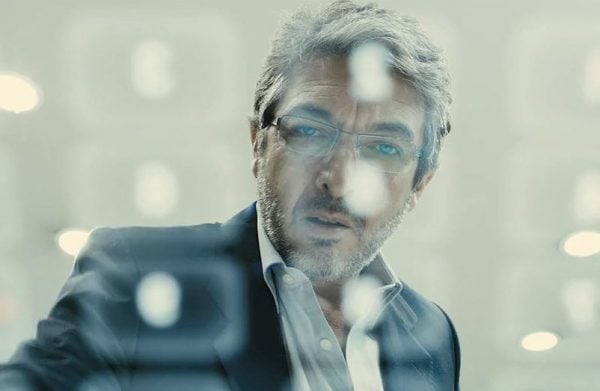
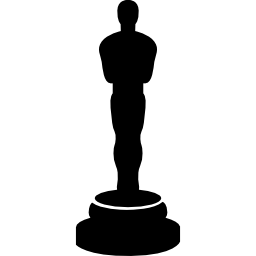 x1
x1 x13
x13